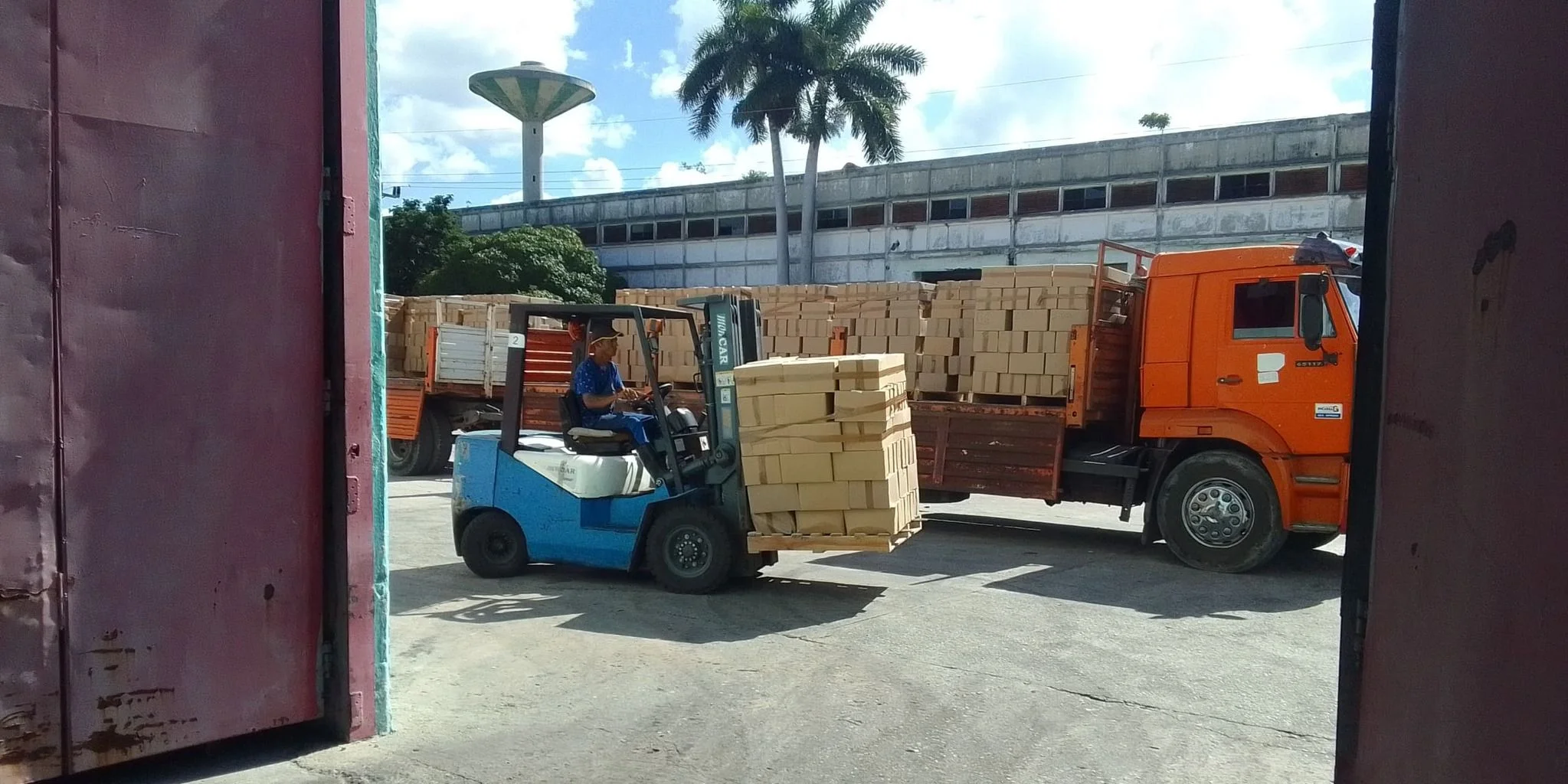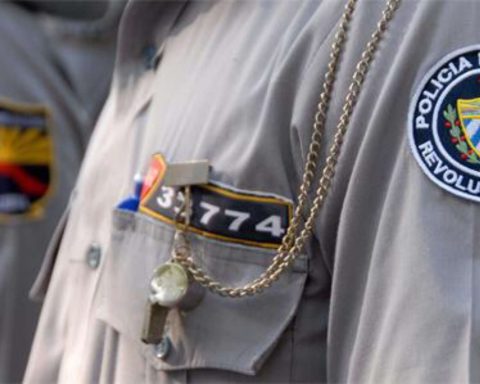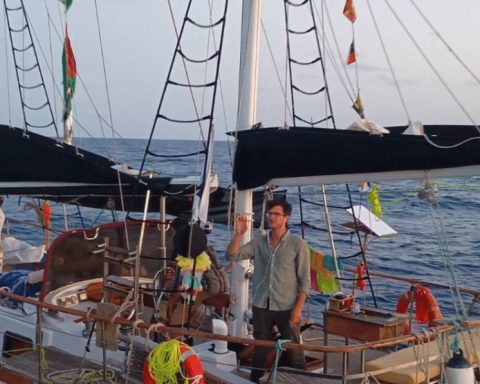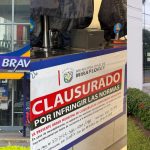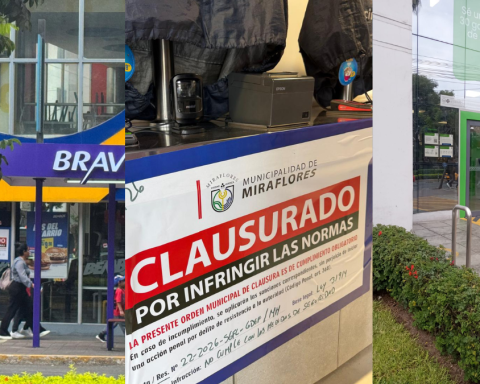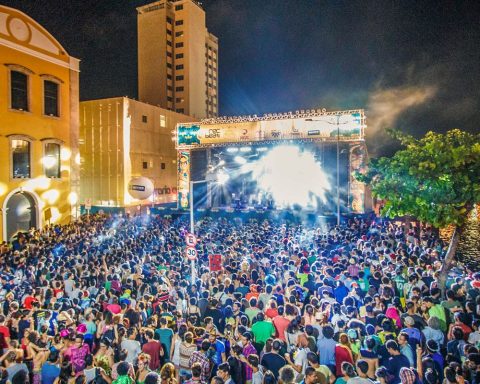HAVANA, Cuba. – According to some media reports, a “non-state economic actor” gave dozens of mattresses to the victims of Imías while the regime and its “state actors” collected them —They say it’s half price— under the Raulista premise of ending gratuities, even though, before the waters and winds of Oscar devastated Guantánamo, the hurricane of the “Ordering Task” It had devastated the pockets of those who today must pay for “help.”
The poor are once again indebted to the Central Bank, which these days has more decree-laws and booby traps than money in its vaults, and they pay for the mattresses and “donation” materials to build their houses, as well as for the food that is not precisely the one that arrived from abroad yesterday on planes as a gift but rather the one that the military “rotates” in their “wartime” reserves when they are almost about to expire, so that their well-equipped stock of grains and canned food is renewed free of charge with each natural disaster, waiting for an enemy invasion that never arrives.
“It is a common practice,” as he acknowledges in conversation with CubaNet a former officer of the Revolutionary Armed Forces (FAR) who worked for more than 30 years in several of the warehouses of the so-called State Reserve, in Berroaeast of Havana, as well as in two other “security units” to the west—one in Siboney and the other in Jaimanitas—where not only food but all types of merchandise are still stored, including clothing, appliances, car parts, home and office furniture, computers, paintings, medications and another series of products not at all related to a military setting, such as men’s and women’s wristwatches, various accessories including gold jewelry and fantasy clothing to adorn the body, toys for children (and even adults) plus all kinds of imported drinks.
“What you can’t find anywhere is there, and none of that is charged when assigned to an entity [que] it was almost never properly a unit [militar] but to military hotels, rest houses, some activities and even people, leaders, generals, many of them with the power to go through there and grab whatever they want,” says the soldier who is now retired with a relatively high compared to the average pension of civilian workers, although he says it is not even enough to buy the basics at home.
“Nothing was charged because everything was inventoried by quantity and there were no records of costs for shipping, especially when it came to donation items,” says the interviewee. “Yes, an estimate was calculated for when the rotations arrived (…), for example, if a hurricane happened, the food from the previous year and the one that was about to expire was taken out, and space was made for what would arrive [por donación]and so every year the rotation was done.”
An activity that, at least until 2019—the moment when our interviewee graduated from the FAR—was not restricted only to updating food, removing old ones to make way for new and fresher ones, but to everything that Although it did not cost them a single peso because it came from abroad as aid to the victims of the usual meteorological phenomena that affect Cuba, the military considered it too valuable and so it had to go into their reserve.
According to the same source, a good part of the donations that arrived during an emergency were first confiscated by officials of the State Reserve, even anticipating the normal customs processes in ports and airports, and ignoring the hierarchy of the Civil Defense in the face of this type of situations, although with the consent of this as part of the army.
“A team was permanently stationed at the reception sites and the loads were inspected looking for anything of interest.” [para la Reserva Estatal]“says the ex-military man. “For example, if mattresses, power plants, medical equipment and things like that arrived, they were reviewed, and if they were of better quality than what we had in stock, then they were replaced, or integrated into the inventory (…). I remember one time when Hurricane Matthew [octubre de 2016]that some very good mattresses arrived, I think they were from Italy, there were about 1,000, and in Jaimanitas we did not have that many at that time, they did not reach 200, and they were not of the same quality, they were foam mattresses, donated by China; Then they went to the units and took out 300 used mattresses, they put the wrapping of the Italian mattresses on them, they were sealed as new (…), and those were the ones that were sent to the victims (…); The Italians stayed in Jaimanitas.”
But only for a short time. A large part of these quality mattresses, according to the witness, later served to complete the furniture of some hotels managed by the military or were given “by assignment” to high officials, while the victims had to pay for the mattresses for use. amounts that ranged between 300 and 1,000 pesos, an amount that the regime considers “minimal” compared to prices in the informal market and in its stores in MLC, but which for many Cubans corresponds to more than 50 percent of a monthly salary or pension.
“They were given a cost sheet, for the transportation and the fuel that was spent, as if they had actually cost something. We had exchanged the cow for the goat and they still charged them,” says the former officer.
The reality is that not only for the military, dangerous natural phenomena, due to the royalties and gratuities that arrive after disasters, represent a time to harvest and renew their warehouses, to “beautify” their homes, but, deformed by These corrupt attitudes, due to such insensitivity, many other Cubans take advantage of the troubled waters of the calamity to profit from it.
Thus, once the long-awaited donations begin to arrive, the informal market is activated, and no one knows by what means those products that should reach immediately, free of charge, into the hands of those who urgently need them, end up being sold. not only to the victims but, above all, on the Internet or in the streets themselves, without the authorities being too concerned about how porous and uncontrolled their control system is.
At the end of the day, theirs seems to be insured in one of those State Reserve warehouses, while the people, at the request of “their president,” in their own words, have no other option than to “go out and beautify the food and stop thinking about what the Government sells for the passbook.”
